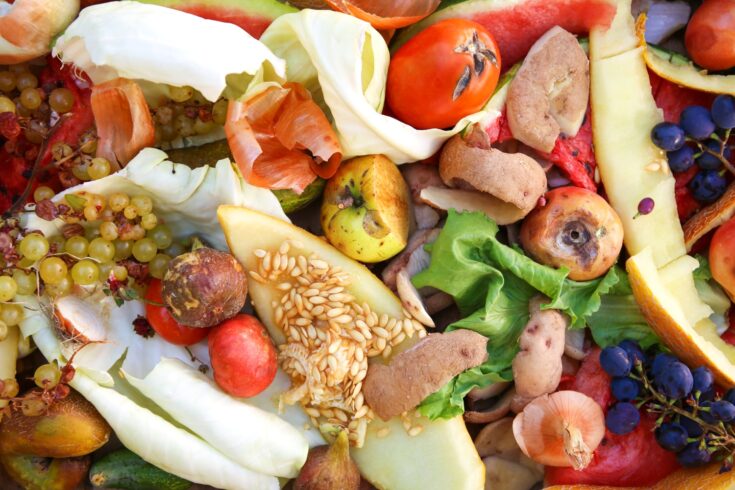There was a positive outcome of the first national lockdown of 2020: self-reported levels of food waste in the UK fell by 34%, the sharpest fall on record.
Careful food shopping and creative cooking contributed to the initial fall.
Positive change
A new project has launched to help understand that positive change, and use those insights to help people in the UK continue to reduce food waste after the pandemic.
The project involves researchers from the University of Leeds and two leading environmental organisations:
- WRAP
- Zero Waste Scotland.
They will examine food waste during and after lockdown periods and develop interventions to support sustainable consumer behaviour.
It was funded by the Economic and Social Research Council through UK Research and Innovation’s rapid response fund.
Significant changes in behaviour
Dr Gulbanu Kaptan, Associate Professor of Behavioural Decision Making at Leeds University Business School, is leading the research. She said:
Research published by WRAP shows significant changes in behaviour and a reduction in the self-reported level of food waste in the first national lockdown period. While we understand some of this behaviour, we want to broaden our knowledge of why the changes came about, and how we can build on this to help people prevent more food going to waste in future.
We are particularly interested in the determinants of behaviour: for instance, what impact do our emotions have on wasting food, and what are the personal goals and values around how we buy and eat food?
UK-wide food waste survey
Around 1,500 people across the UK will take part in the project survey, which will examine how they choose, store, manage and cook food. Thirty people will take part in more detailed interviews and be asked to keep household food waste diaries.
The team hopes these surveys will help them develop interventions to support households to waste less food.
Tom Quested, Lead Analyst at WRAP, said:
We have the opportunity to learn from the considerable changes we have seen during 2020 to help support UK citizens to minimise the amount of food that they waste. The findings from the research will be used by WRAP’s teams developing behaviour-change interventions and our Love Food Hate Waste campaign.
Iain Gulland, Chief Executive of Zero Waste Scotland, said:
When we waste food, we also waste the huge amounts of energy and associated carbon emissions from growing, transporting, refrigerating and packaging the food, and when we send wasted food to landfill this causes more harmful emissions. So, we’re looking forward to working with the University of Leeds and WRAP on this project, to better understand how to win the fight against food waste.
Last updated: 3 February 2021

